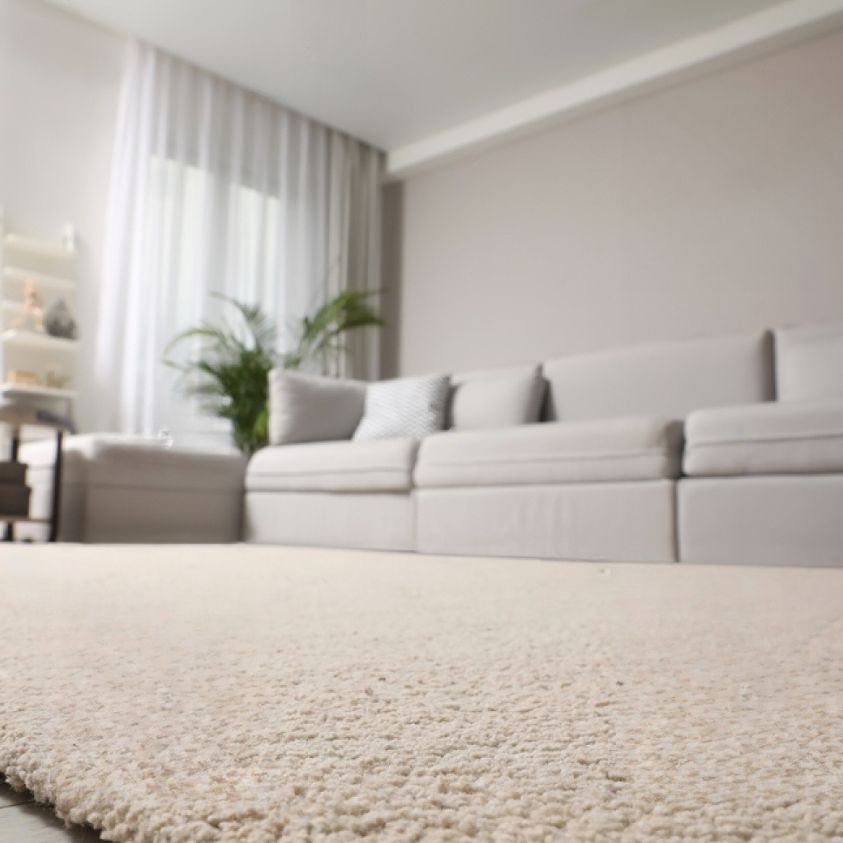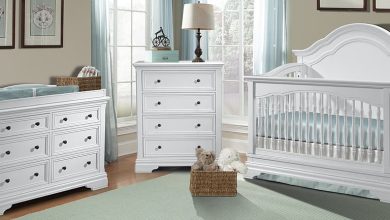In a world increasingly focused on sustainability and environmental consciousness, every aspect of our lives is coming under scrutiny, including our choices in interior design. When it comes to flooring options, sustainable carpets have gained significant attention. These eco-friendly alternatives not only contribute to a healthier planet but also provide numerous benefits for your home. In this guide, we’ll explore the world of sustainable carpet options, discussing their advantages, materials, and how to make an informed choice for your space.
The Environmental Impact of Traditional Carpets
Before diving into sustainable carpet options, it’s essential to understand the environmental impact of traditional carpets. Conventional carpets are often manufactured using synthetic fibers, such as nylon or polyester, which are derived from petrochemicals. The production process involves resource-intensive manufacturing methods, including energy consumption, water use, and the release of volatile organic compounds (VOCs) into the atmosphere.
Additionally, the disposal of old carpets presents a significant challenge. Most end up in landfills, where they can take hundreds of years to break down, contributing to environmental degradation.
Advantages of Sustainable Carpets
Sustainable carpets, on the other hand, offer several advantages for both the environment and your home:
Reduced Environmental Impact
Sustainable carpets are made using eco-friendly materials and manufacturing processes that minimize resource consumption, energy use, and carbon emissions.
Healthier Indoor Air Quality
Many sustainable carpets are low in VOCs, reducing the emission of harmful chemicals into your home’s indoor air. This can lead to improved indoor air quality and a healthier living environment.
Renewable and Recyclable Materials
Sustainable carpets often use natural or renewable materials like wool, jute, bamboo, or organic cotton. These materials can be replenished, reducing the depletion of finite resources. Additionally, some sustainable carpets are designed for easy recycling at the end of their lifespan.
Durability and Longevity
High-quality sustainable carpets are designed to be durable, which means they can last longer, reducing the frequency of replacement. This not only saves money but also reduces waste.
Aesthetic Variety
Sustainable carpets come in a wide range of styles, colors, and textures, allowing you to find the perfect match for your interior design preferences.
Types of Sustainable Carpet Materials
Now, let’s explore some common sustainable carpet materials:
Wool
Wool is a classic and popular choice for sustainable carpets. It’s a natural, renewable fiber that’s biodegradable and easy to recycle. Wool carpets are known for their softness, warmth, and durability.
Jute
Jute is a plant-based fiber that’s biodegradable and rapidly renewable. Jute carpets have a unique, rustic appearance and are often used in casual and eco-conscious interiors.
Organic Cotton
Organic cotton carpets Dubai are made from cotton grown without synthetic pesticides or fertilizers. They are a sustainable choice that’s gentle on the environment and can be recycled.
Sisal
Sisal carpets are derived from the agave plant and are known for their strength and durability. They have a natural, textured appearance and work well in high-traffic areas.
Bamboo
Bamboo is a rapidly renewable resource that’s gaining popularity in sustainable flooring. Bamboo carpets are durable, easy to maintain, and have a modern, sleek appearance.
Recycled Materials
Some sustainable carpets are made from recycled materials like plastic bottles or old carpet fibers. These carpets divert waste from landfills and reduce the demand for virgin resources.
Hemp
Hemp is a fast-growing plant that requires minimal water and pesticides. Hemp carpets have a unique texture and a casual, earthy look.
Cork
Cork carpets are made from the bark of cork oak trees, which regenerate after harvesting. Cork is a sustainable, comfortable, and insulating material.
Making an Informed Choice
When exploring sustainable carpet options, consider the following factors to make an informed choice:
Fiber Type
Select a carpet made from sustainable fibers that align with your values and the specific needs of your space.
Certification
Look for carpets that carry certifications from reputable organizations such as the Carpet and Rug Institute’s Green Label or Cradle to Cradle certification. These certifications ensure that the carpet meets specific environmental and health standards.
Manufacturing Practices
Research the manufacturer’s environmental practices, such as energy-efficient production methods, water conservation, and waste reduction efforts.
Installation and Maintenance
Proper installation and maintenance can extend the life of your carpet, reducing the need for replacement. Follow manufacturer guidelines for care and cleaning.
Local Sourcing
Whenever possible, choose carpets that are locally sourced or produced. This reduces transportation-related emissions and supports local economies.
Recyclability
Inquire about the carpet’s end-of-life options. Some sustainable carpets can be recycled or repurposed, reducing their impact on landfills.
Indoor Air Quality
If indoor air quality is a concern, opt for carpets with low or no VOC emissions. Ensure proper ventilation during installation to allow any residual odors to dissipate.
Longevity
Consider the durability and longevity of the carpet. Investing in a high-quality sustainable carpet can save you money in the long run.
Conclusion
Sustainable carpets offer a responsible and eco-conscious alternative to traditional flooring options. By choosing materials that are renewable, recyclable, and produced with environmentally friendly practices, you can contribute to a healthier planet while enjoying the comfort and aesthetics of a sustainable carpet in your home. Remember that making informed choices about sustainable carpets involves considering fiber types, certifications, manufacturing practices, maintenance, and their impact on indoor air quality. Ultimately, sustainable carpets not only enhance your living space but also help protect the environment for future generations.





